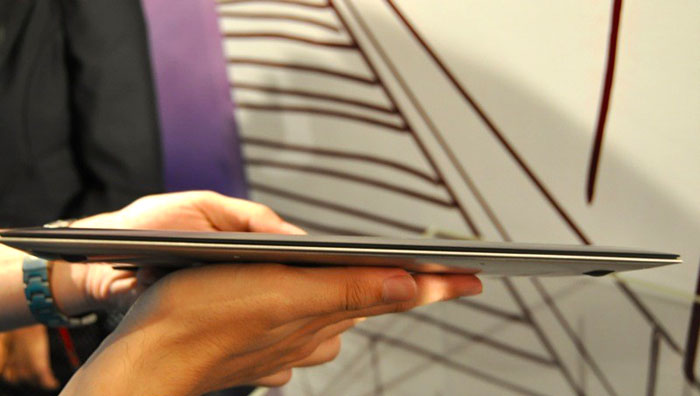There's a cartoon that made the rounds in the Linux community a few years back that I often think of at this time of year.
In essence, it depicts a Linux aficionado refusing to help convince someone to switch to Linux, explaining, "If everyone's using it, I'm not cool anymore."
It's a joke, of course, made funny by the fact there may just be the tiniest hint of truth underlying it, at least among some people. The reason I think of it at year's end, though, is that mainstream adoption of Linux is generally considered a goal by many in the free software community, and it's an oft-cited hope for every new year.
There are, of course, numerous critics who say it will never happen, at least on the desktop. I disagree. Either way, however, it's fun to think it through, in both a serious and a not-so-serious way: What if everyone ran Linux?
1. Malware Would Take a Hit
Certainly the biggest effect of widespread Linux adoption would be that today's Windows-dominated monoculture would disappear, replaced instead by a diversity of Linux distributions.That, in turn, would make life very difficult for malware creators. Sure, they may begin focusing their efforts on Linux rather than Windows, but instead of having one, huge, slow-moving easy target, it would be a matter of trying to kill 100 birds with one stone.
They'd stand very little chance of hitting more than a relatively small proportion of the population at any given time, in other words.
In Linux, the way permissions are assigned also means that the potential damage an individual piece of malware could achieve is much more limited. Would malware creation still be as profitable? I'm not so sure.
2. The PC Security Industry Would Wither
Yes, it's still a good idea to use antivirus software when you're running Linux, and the increased focus on Linux may make that more necessary.
But given Linux's built-in security advantages, what now exists as the colossally huge PC security industry would no longer be able to sustain itself on such a massive scale.
That would be even more true, of course, because of the openness of Linux's code, which enables users to identify and fix vulnerabilities themselves, as they arise. No more waiting for security bulletins or fixes in a "Patch Tuesday" event far down the road.
3. Less Unplanned Downtime
Between the malware problems and other built-in weaknesses, Windows tends to be associated with a lot of unplanned downtime.
Linux, on the other hand, does not; it's well-known, in fact, for its reliability. Businesses and individuals around the globe would suddenly find themselves getting more done and working more efficiently than ever before. Maybe the GNP would even increase.
4. Worldwide Savings
As companies and individuals the world over stop having to pay exorbitant licensing fees and other software costs, they'd find themselves with surplus cash on their hands as well.
Imagine what could be achieved with the hundreds of dollars per desktop that would be saved as a result--not to mention all the many thousands more from not having to keep up with the hardware upgrade treadmill Windows requires.
5. Better Software
Finally, if everyone were using Linux, the software would just keep getting better, as even more people around the world would be motivated and able to suggest and contribute improvements.
Rather than companies like Microsoft or Apple trying to guess what users want and then delivering it down the road with varying degrees of success, users themselves would have a hand in shaping the software they use and making it what they want.
I certainly don't mean to suggest that Linux is perfect; no operating system is. But given the many tolls Windows takes on its users, the world would clearly be a very different place without it. If everyone used Linux instead, there are many ways in which it would be a better place.[source]












0 comments:
Post a Comment